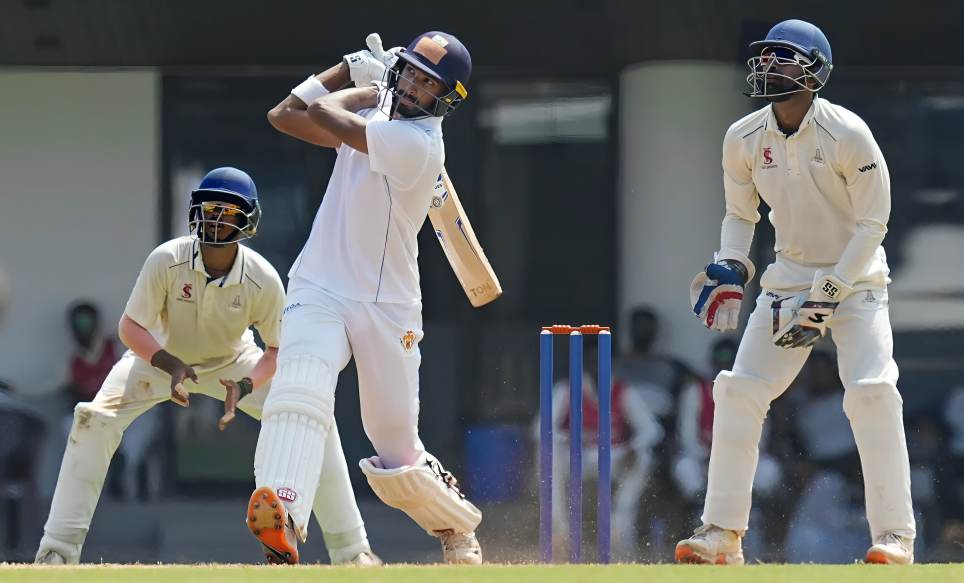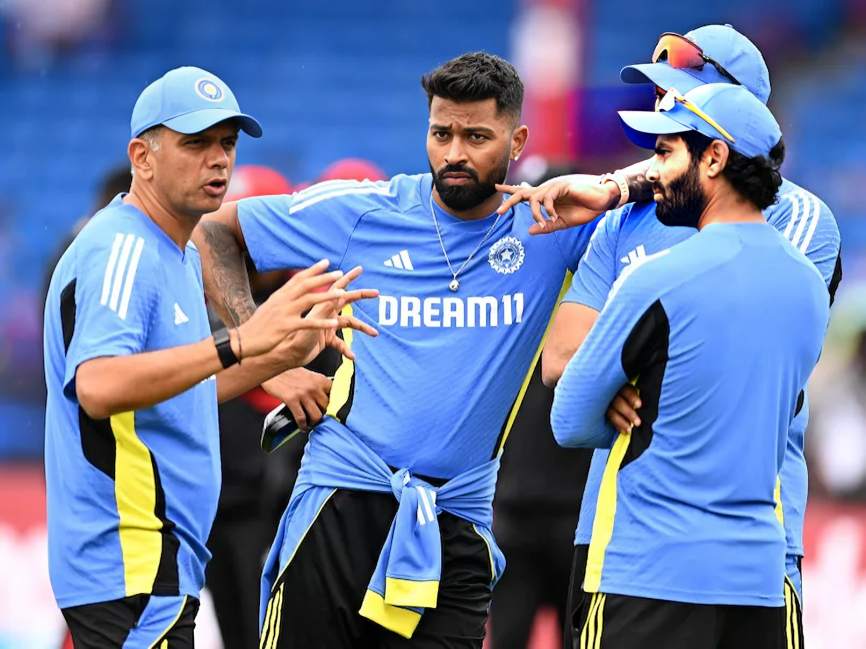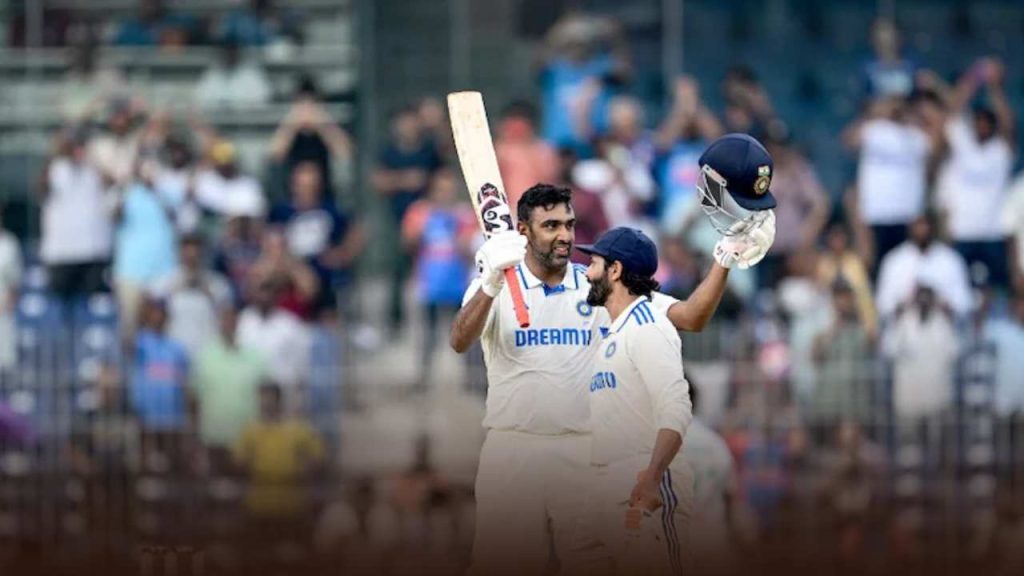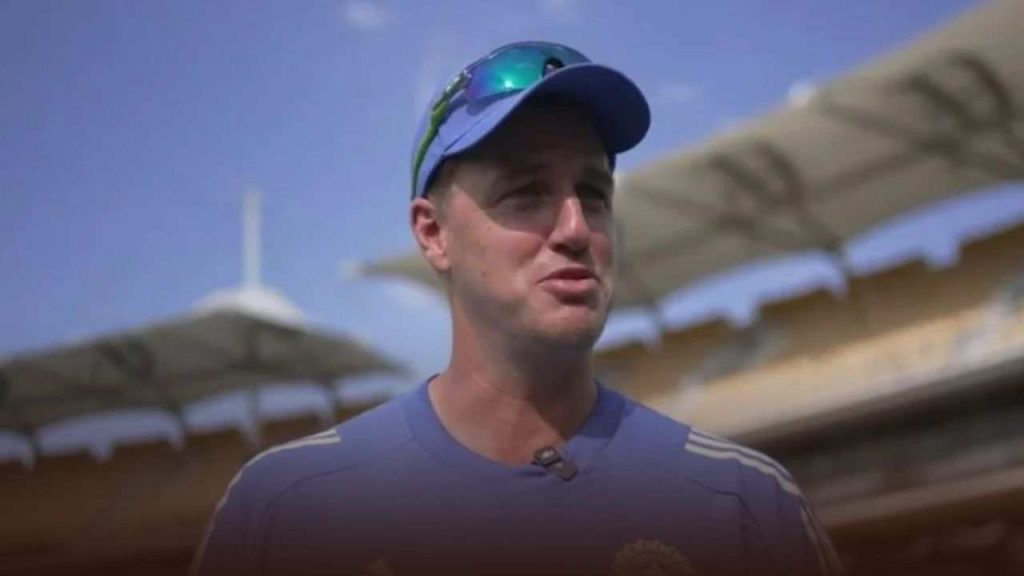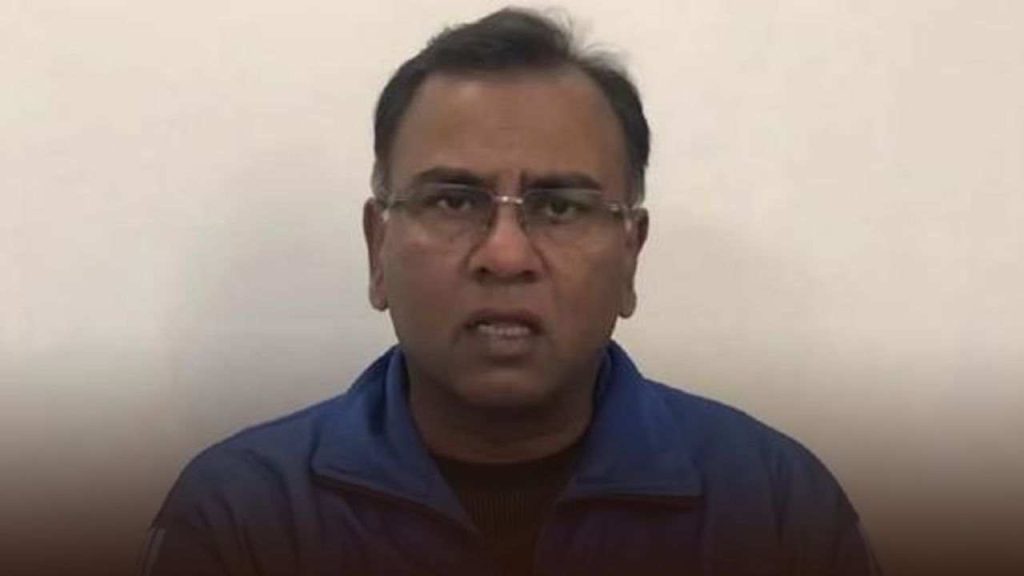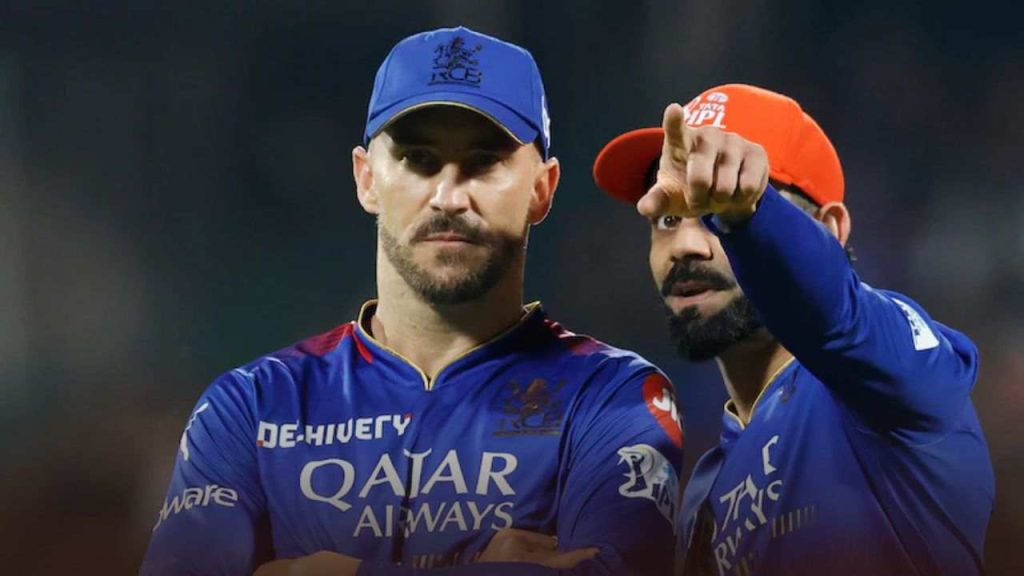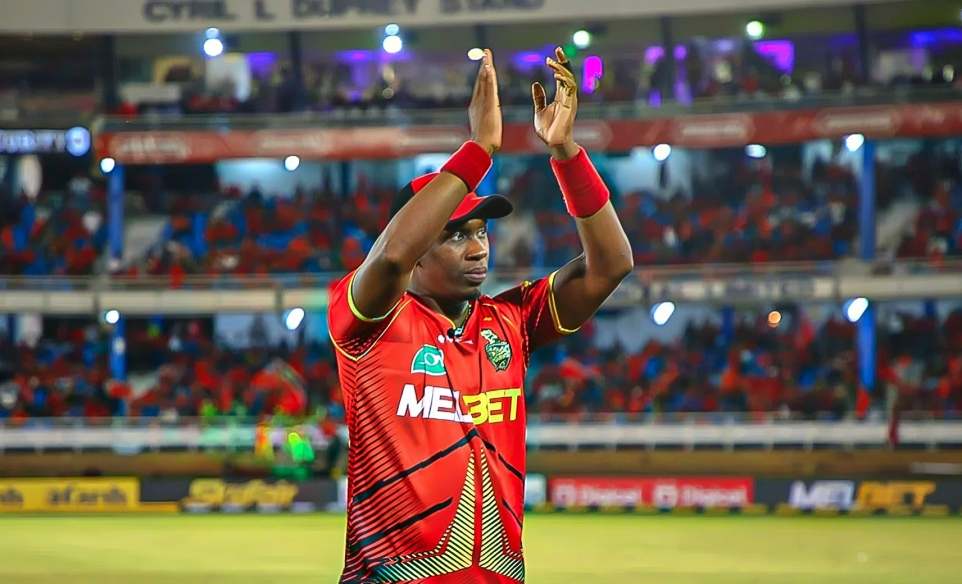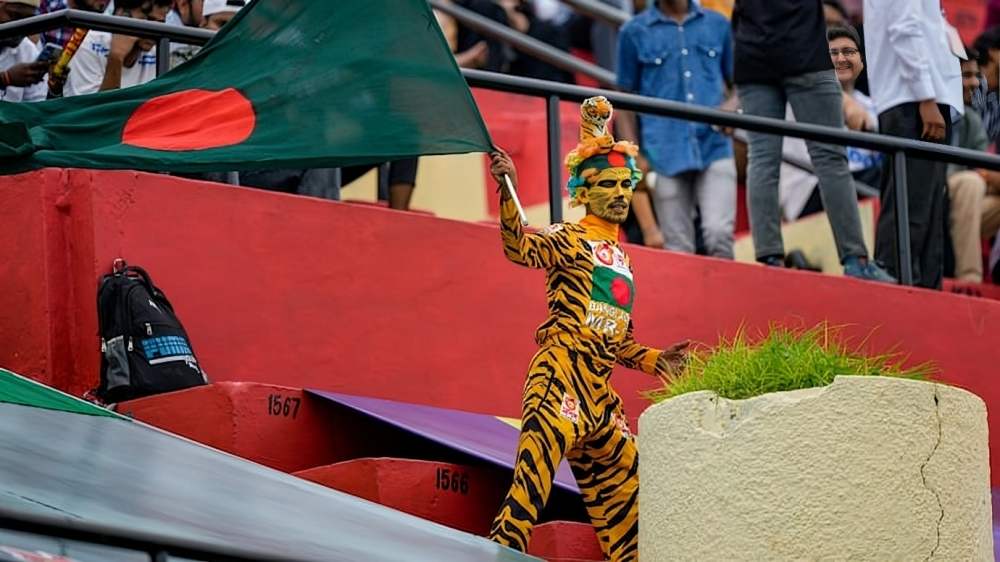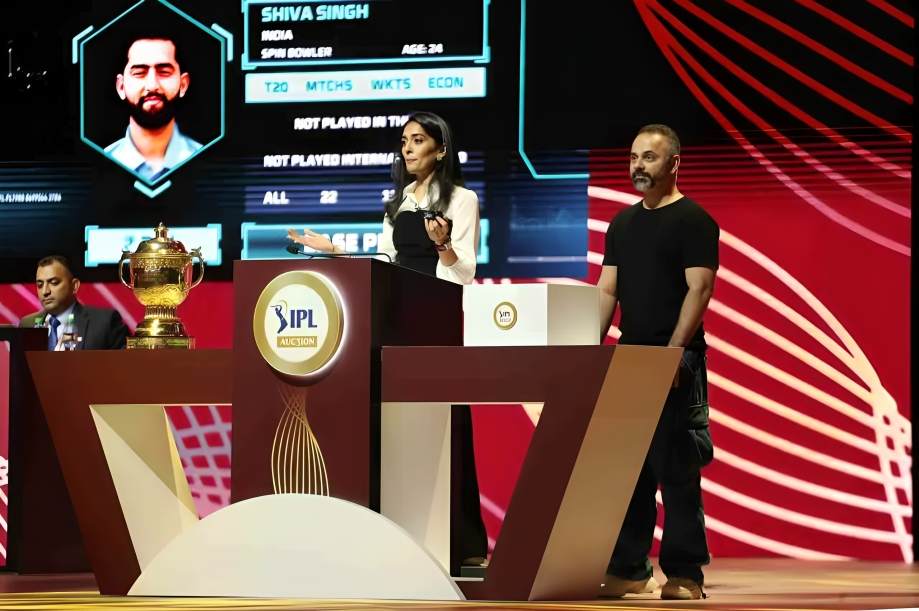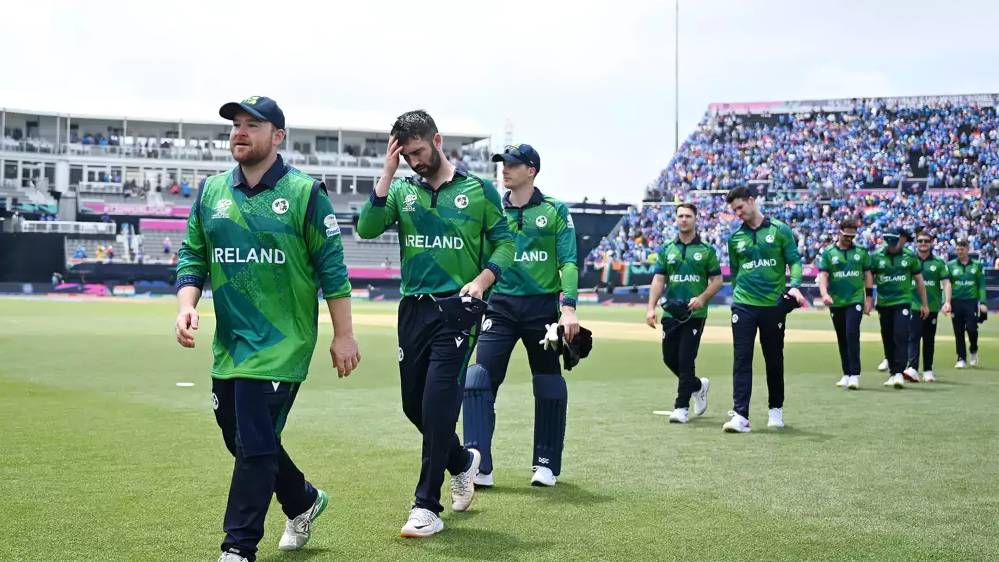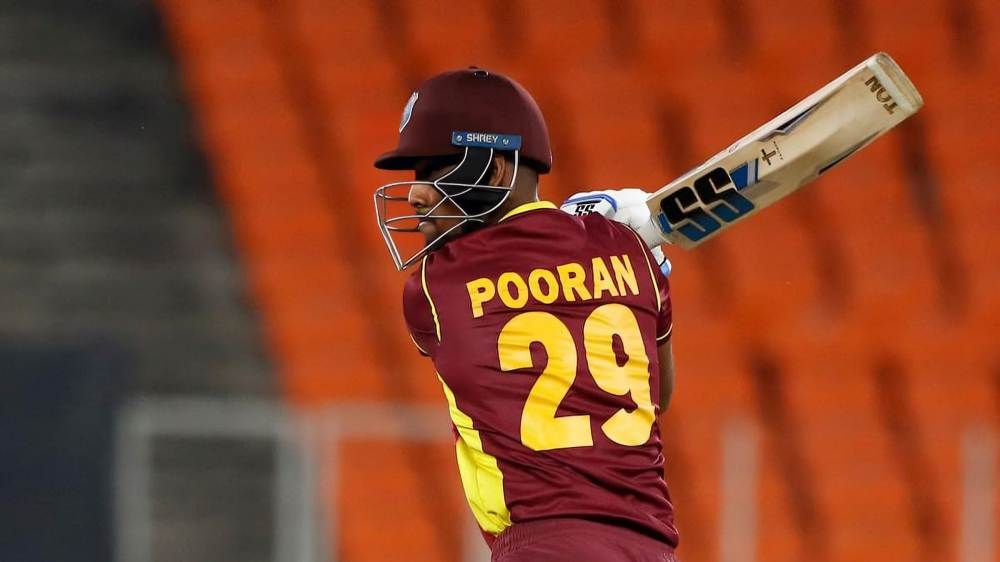In Karachi, Mohammad Rizwan, the captain of Pakistan’s white-ball team and Multan Sultans, addressed the ongoing criticism regarding his English language skills. He emphasized that his main responsibility is to excel as a cricketer, not to be an expert in English.
Table of Contents
Cricketer Mohammad Rizwan Responds to Criticism Over English Fluency
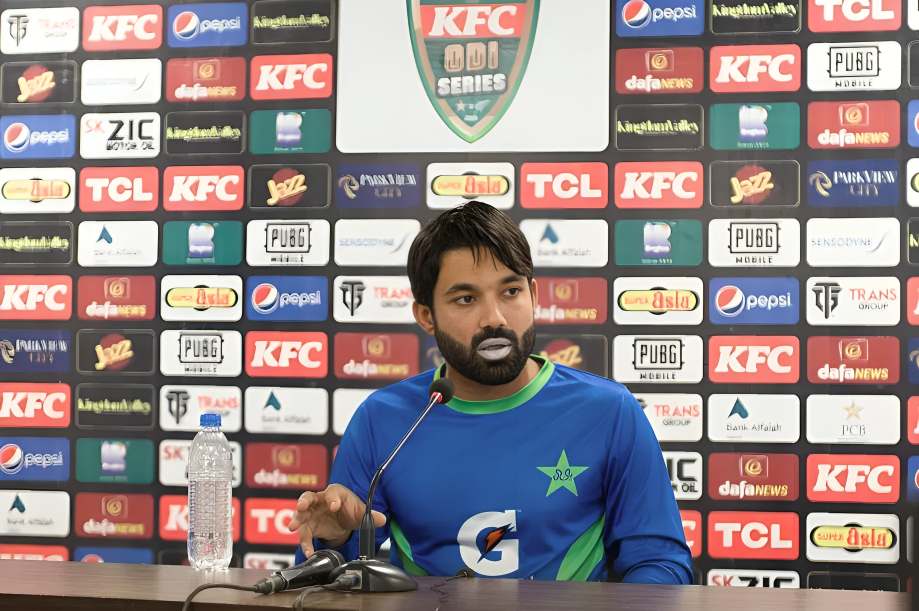
During a press conference, Rizwan was asked about the concerns surrounding his ability to communicate in English. He explained that while he recognizes the importance of English, his priority remains his performance on the cricket field. Rizwan said, “I regret not finishing my education, which is why I lack proficiency in English. However, I don’t feel embarrassed that, as Pakistan’s captain, I cannot speak English.”
He continued by pointing out that the expectations placed on him are related to his cricketing abilities, not his language skills. “The people of Pakistan expect me to perform well in cricket, not in English,” Rizwan remarked. “If they wanted someone to speak English, I would have become a professor, learned the language, and then returned. But that’s not what Pakistan is asking from me. They want me to lead the team and deliver on the field, not speak English.”
Rizwan’s response sheds light on the pressures athletes face, where their performance in their sport is often scrutinized far more than their language proficiency. His comments reflect a broader issue many sports figures deal with balancing public expectations and the demands of their roles while still maintaining focus on their primary job. Despite the criticism, Rizwan remains confident in his abilities as a cricketer, underscoring that his leadership and skills on the cricket field are what matter most to his team and the country.
Why Rizwan Believes Performance Matters More Than Language Skills
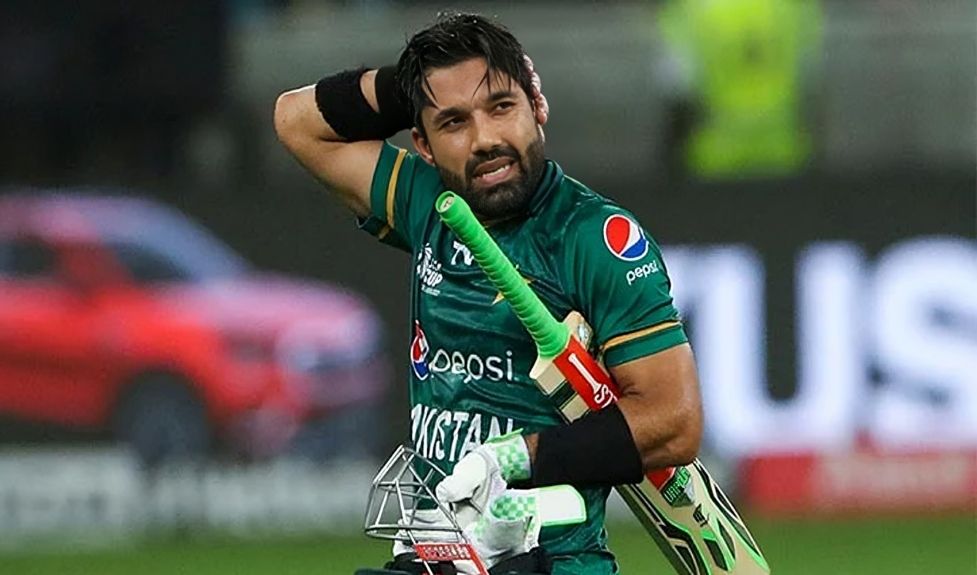
While English fluency is often considered important in the global sports world, Rizwan’s stance is that his ability to communicate effectively with his team and focus on the game should take precedence over his language skills. This perspective serves as a reminder that athletes are valued for their performance, and that expectations regarding language should not overshadow their contributions to the sport.
Rizwan’s clarity and honesty in addressing the issue reveal his focus on his career and the priorities that guide him as a leader. By shifting the focus back to his role as captain and cricketer, Rizwan makes it clear that his commitment to the game is unwavering, regardless of the criticism he may face regarding his English skills.
This incident is also an opportunity to reflect on the broader issue of language expectations in sports, especially for athletes who come from countries where English is not the first language. While English proficiency can enhance communication in international cricket, it should not diminish the value of an athlete’s contributions on the field.



